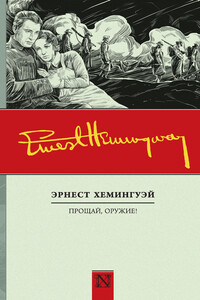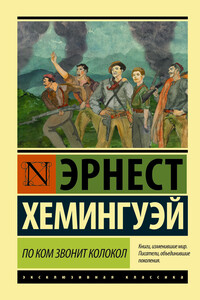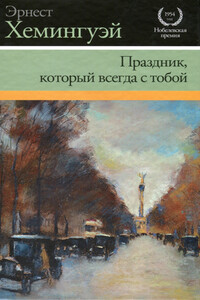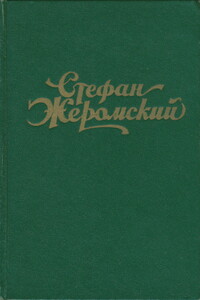Everything about him was old except his eyes (все в нем было старым, за исключением глаз) and they were the same color as the sea (а они были того же цвета, что и море) and were cheerful and undefeated (и были веселые и непобежденные).
"Santiago," the boy said to him as they climbed the bank from where the skiff was hauled up (сказал ему мальчик, когда они поднимались по береговой насыпи оттуда, где была на причале лодка; to haul up — поднимать). "I could go with you again (я мог бы снова пойти /в море/ с тобой). We've made some money (мы заработали немного денег).”
The old man had taught the boy to fish and the boy loved him (старик научил мальчика рыбачить, и мальчик любил его).
cheerful ['CIqful], haul [hLl], taught [tLt]
Everything about him was old except his eyes and they were the same color as the sea and were cheerful and undefeated.
"Santiago," the boy said to him as they climbed the bank from where the skiff was hauled up. "I could go with you again. We've made some money”.
The old man had taught the boy to fish and the boy loved him.
"No," the old man said. "You're with a lucky boat (ты со счастливой лодкой). Stay with them (оставайся с ними)."
"But remember how you went eighty-seven days without fish (но помнишь, как ты ходил /в море/ восемьдесят семь дней без рыбы) and then we caught big ones every day for three weeks (а потом мы ловили крупную рыбу каждый день на протяжении трех недель)."
"I remember (помню)," the old man said. "I know you did not leave me because you doubted (я знаю, что ты покинул меня не потому, что сомневался)."
"It was papa made me leave (отец заставил меня уйти). I am a boy and I must obey him (я мальчик и должен ему подчиняться)."
caught [kLt], doubt [daut], obey [q'beI]
"No," the old man said. "You're with a lucky boat. Stay with them."
"But remember how you went eighty-seven days without fish and then we caught big ones every day for three weeks."
"I remember," the old man said. "I know you did not leave me because you doubted."
"It was papa made me leave. I am a boy and I must obey him."
"I know," the old man said. "It is quite normal (это совершенно нормально)."
"He hasn't much faith (у него нет веры = он не очень-то верит)."
"No," the old man said. "But we have (но мы верим). Haven't we (не так ли)?"
"Yes," the boy said. "Can I offer you a beer on the Terrace (могу я предложить тебе пива = хочешь, я угощу тебя пивом на Террасе) and then we'll take the stuff home (а затем мы отнесем домой снасти)."
"Why not (почему нет)?" the old man said. "Between fishermen (между рыбаками = если рыбак угощает рыбака)."
quite [kwaIt], faith [feIT], stuff [stAf], Terrace ['terqs]
"I know," the old man said. "It is quite normal."
"He hasn't much faith."
"No," the old man said. "But we have. Haven't we?"
"Yes," the boy said. "Can I offer you a beer on the Terrace and then we'll take the stuff home."
"Why not?" the old man said. "Between fishermen."
They sat on the Terrace and many of the fishermen made fun of the old man and he was not angry (они уселись на Террасе, и многие рыбаки посмеивались над стариком, но он не злился; to make fun — насмехаться, подшучивать). Others, of the older fishermen (другие, из старших рыбаков), looked at him and were sad (смотрели на него и грустили = им было грустно на него смотреть). But they did not show it (но они не показывали этого) and they spoke politely about the current (и они вежливо говорили = вели вежливый разговор о течении) and the depths they had drifted their lines at (и о глубине, на которую они закидывали лесы) and the steady good weather (и об устойчивой хорошей погоде) and of what they had seen (и о том, что они видели). The successful fishermen of that day were already in (удачливые в этот день рыбаки уже были внутри = уже вернулись с лова) and had butchered their marlin out (и выпотрошили своих марлиней) and carried them laid full length across two planks (и несли их уложенными в полную длину поперек двух досок; plank — толстая и широкая гладко оструганная доска), with two men staggering at the end of each plank (по двое мужчин, идущих нетвердой походкой, у конца каждой доски;




